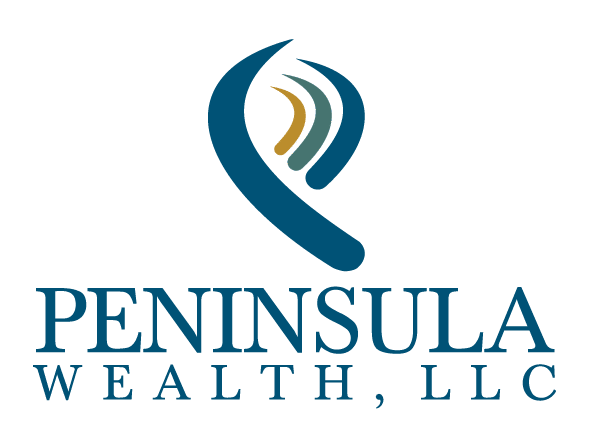It’s a common misconception that financial planning is limited to income and expenses when in reality, a good financial plan takes into consideration all aspects of your life that could impact your net worth, any risks that exist towards your financial wellbeing, and the goals you and your family have in particular. One important aspect of your financial planning should be the inclusion of necessary insurance coverage. Read on for a few key points about financial planning and insurance.
How Insurance Impacts Financial Planning
Insurance isn’t just about planning for issues that may arise. It can also often serve as a safety net for your financial plan and for your loved ones.
-
Insurance can reduce risk
This may be the most well-known benefit of insurance – it literally reduces your risk by offering options when the worst may come to pass. Whether that’s coverage of assets or death benefits for your family, insurance can offer a cushion when you and your loved ones are in need. In addition, insurance can add the much-desired benefit of peace of mind. -
Insurance can stabilize cash flow
Insurance can help maintain a predictable cash flow since policies have consistent premiums, and provide coverage from large unexpected expenses and income replacement during periods of financial disruption. This stability reduces the need for large cash reserves and aids in consistent budgeting and financial planning. -
Insurance can assist in estate planning
Insurance can play a crucial role in estate planning by managing estate taxes, covering debts, and providing liquidity. Life insurance, for example, offers a tax-free lump sum payment to beneficiaries to help settle estate taxes or other expenses, ensuring a smooth transfer of wealth and minimizing the financial burden on heirs.
Types of Insurance to Consider
Insurance is not a one-size-fits-all situation. You may require different coverage based on your age, situation, and goals – so it’s important to keep your financial planner in the loop. Here are a few key insurance types to consider:
- Health Insurance
Health insurance is one of the most well-known insurance options out there and offers coverage around illness or injury. Health insurance comes in a wide variety of cost and coverage options so it’s important to understand not only your current needs but what may come to be. Medical costs are one of the most considerable costs for most families and the right health insurance can greatly reduce their impact.- Long-Term Care Insurance
Related to Health Insurance but often considered a different policy, Long-Term Care Insurance covers you if the need for long-term healthcare coverage or in-patient care is needed. This is especially important as you age.
- Long-Term Care Insurance
- Auto Insurance
Another common plan, auto insurance is often mandated by municipalities. It covers you from financial liability if you injure another driver or damage property. It may also offer coverage for you or your vehicle in case of accident or theft. - Home Insurance (or Renter’s)
Where Auto Insurance protects your car and other drivers, Home Insurance protects your property – both large and small. Home Insurance also offers a variety of plan types based on your belongings, your locale, and the risk associated with your location. Be sure to understand the ins and outs of your needs and your policy. - Life Insurance
A life insurance policy provides coverage in the case of death. Some policies cover against serious illness in addition to actual death.- Whole Life Insurance
This type of Life Insurance offers a cash value component in addition to death benefits and can help you to prepare for retirement or financial needs. - Term Life Insurance
These policies come with a specific length of coverage and a specific death benefit.
- Whole Life Insurance
- Disability Insurance
A lesser known and utilized insurance but nonetheless important is Disability Insurance. If you become disabled due to an accident, Disability can keep your family covered and needs addressed. - Liability Insurance
This type of insurance protects you if your personal liability is exhausted. While not necessary for everyone, this can be critical for folks who deal with large sums of money and can protect you in the case of significant damages. - Business Insurance
Another type of insurance that is not needed for everyone, Business Insurance helps to keep your business and personal liabilities separated and protects your personal assets and family in case of business liability. - Umbrella Insurance
For especially high net-work individuals, an Umbrella Policy may be recommended. These policies help to cover your assets when they fall outside the traditional parameters of your coverage. Costs and coverage will depend on the number and value of your assets and the amount of coverage.
As you can see, insurance plays an important role in your larger financial plan. It’s crucial to keep your financial planner in the loop on your needs as the ebb and flow and on your plans. Need more information about how to manage insurance? We can help!

